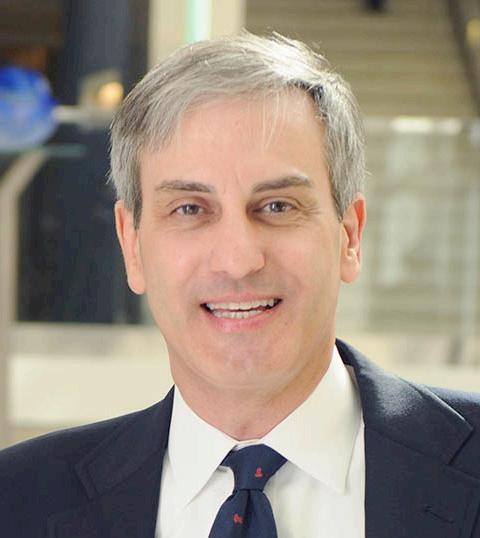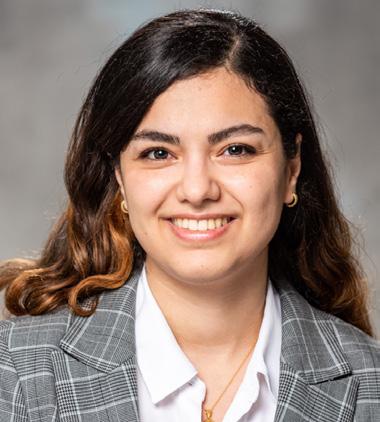
Tech Scheller College of Business


Tech Scheller College of Business
TI:GER (Technology Innovation: Generating Economic Results)
is an educational program that can be a STEM concentration in Strategy and Innovation for Scheller Evening and Full-time MBA students and a minor for Georgia Tech Ph.D. students from the Colleges of Computing, Engineering, and Sciences.
The program is two terms, beginning with the spring term and ending with the fall term.
A Transdisciplinary Technology Program in Strategy and Innovation
TI:GER integrates classroom instruction, technology-innovation projects, and group activities into practical, real-world experiences. Students can bring their own entrepreneurial ideas to TI:GER and, working in teams, transform those ideas into important technology-innovation projects. Recent projects include aerospace, artificial intelligence, biotech, biomedical, communications technology, consumer technology, fintech, health care technology, information technology, materials technology, robotics, sensors, and software. biomedical, communications technology, consumer technology, fintech, health care technology, information technology, materials technology, robotics, sensors, and software.


In the first semester of the TI:GER® program, students take the course Innovation Analysis (MGT 6801). This course focuses on integrating market analysis, industry analysis, technology analysis, economic analysis, and strategy analysis for technology innovation projects.
Students also take Innovation Research Methods 1 (MGT 6821). This course focuses on interview methods essential to the successful launch of technology innovations. This is an asynchronous online course. Students complete weekly assignments at times convenient for them.
In the second semester of the TI:GER program, students take the course Innovation and Business Model Design (MGT 6802). This course focuses on financial analysis, business model design, and the launch of successful technology innovations.
Students also take Innovation Research Methods 2 (MGT 6822). This course focuses on methods for observational fieldwork and qualitative data analysis (QDA) and the use of NVivo software for QDA. This is an asynchronous online course. Students complete weekly assignments at times convenient for them.
Jonathan Giuliano Executive Director and Academic Director Professor of the Practice, Strategy and Innovation
Simona Spagnoli Assistant Director of Communications
Attend an Information Session
Join an information session for MBA or Ph.D. students in the summer to learn more about the program, curriculum, careers, and admissions process.
Apply Online
Apply to the TI:GER program by October 1st for the cohort starting in January. You will receive a response by November 1st.
Follow TI:GER On LinkedIn
Contact Us

“ The TI:GER program is the highlight of my MBA experience. I joined TI:GER to learn how to start a business and have a framework for evaluating future ideas and opportunities. Thanks to the program, I created a tech startup with other Scheller grads.”
Charles Moody, MBA ’24

“
As a Biomedical Engineer with a professional background in MedTech and R&D, I have a passion for innovation and product development. TI:GER allowed me to develop my own tech-based venture and seamlessly apply those insights to an existing venture. Among the various courses in my MBA journey, the TI:GER program stands out as the most practical and impactful; its lessons have proven directly applicable and beneficial to my other coursework and practicums while expanding how I approach my day-to-day work.”
Cristina Dow, MBA ’24


Avi Gupta, Ph.D. ’24
“ “ I am grateful for the transformative journey with TI:GER, where I delved into the intricate challenges of technology innovation. This program has been instrumental in shaping my understanding of the intersection between technology and business.”
Through the TI:GER program, I collaborated with incredible business students to learn about the tools and skillsets for successfully commercializing novel technologies.”
Afsane Radmand, Ph.D. ’23